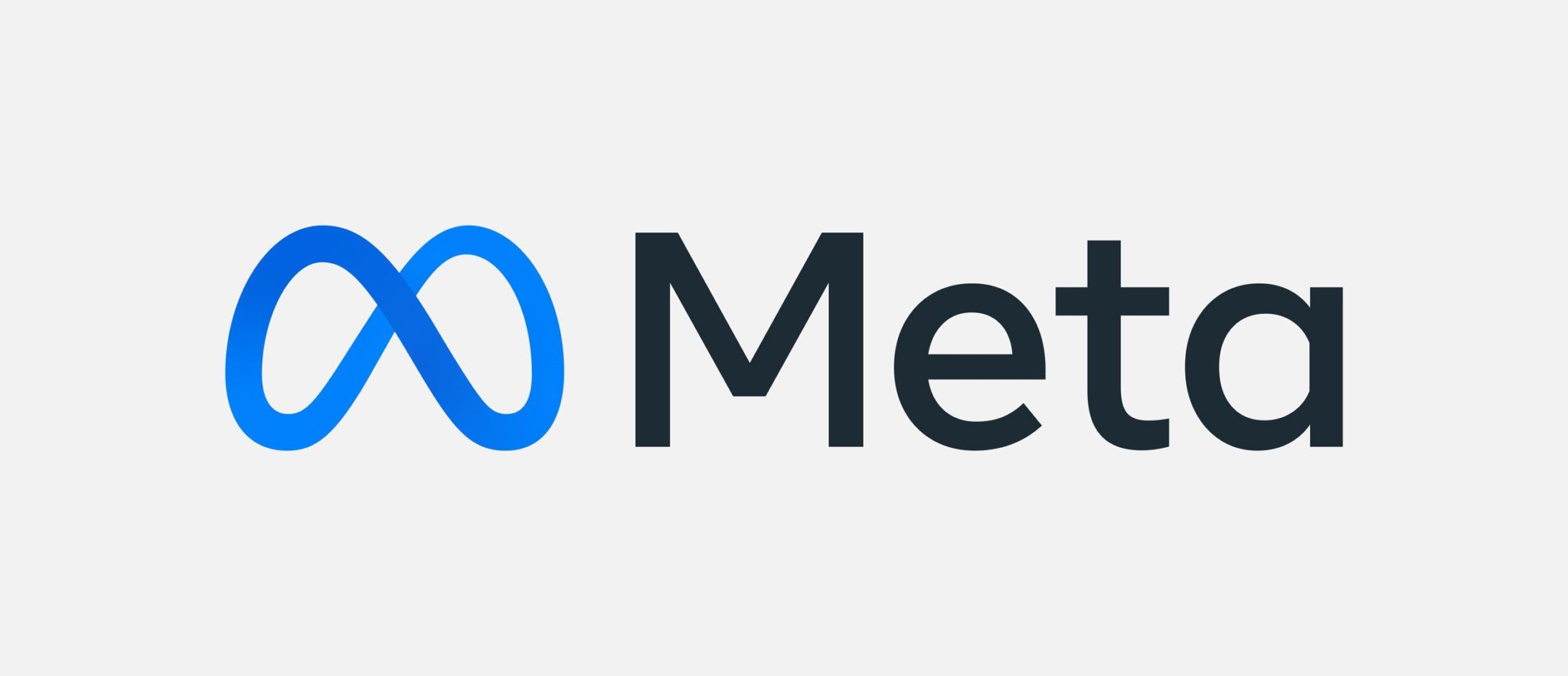TALiNT Partners Insights provides invaluable information that enables businesses to make informed, strategic decisions. Our curated insights are your tools for problem-solving, fostering growth, and achieving success within talent acquisition and staffing.
-
-
-
Featured Stories
- 19/04/2024
- 18/04/2024
- 18/04/2024
- 18/04/2024
- 18/04/2024
-
-
Latest News
- Women lawyers lag behind male counterparts in senior roles in the profession19/04/2024
- HR Ministry launches job transfer service across government entitles18/04/2024
- 142% Growth in Freelancers’ registrations across MENA18/04/2024
- Future Forward: Navigating Transformation in Middle East Recruitment18/04/2024
- Global Talent Trends with Local Strategies: Navigating the MENA Region18/04/2024
- Women lawyers lag behind male counterparts in senior roles in the profession
-
-
Audience
About Us
-
Content Types
Regions
-
-
Home visa holders







